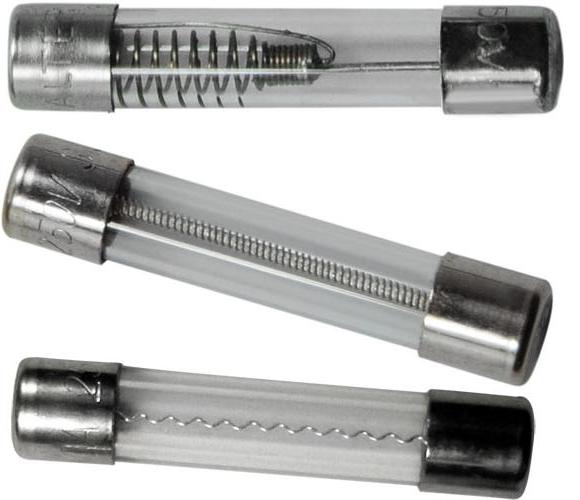I've got an HK 930 Twin Power receiver that I picked up a couple months ago. Been working great, then the other day while playing a cassette, I heard the speakers do a little pop and cut out. First one side, then a split second later the other side. The main 3A fuse blew (the L and R fuses are good). I inspected for a dead short and couldn't find anything, so I put in a new fuse and when I powered it up, I heard a hum (through the speakers) for a couple seconds, then the new fuse went.
Any idea what to check first?
Any idea what to check first?


